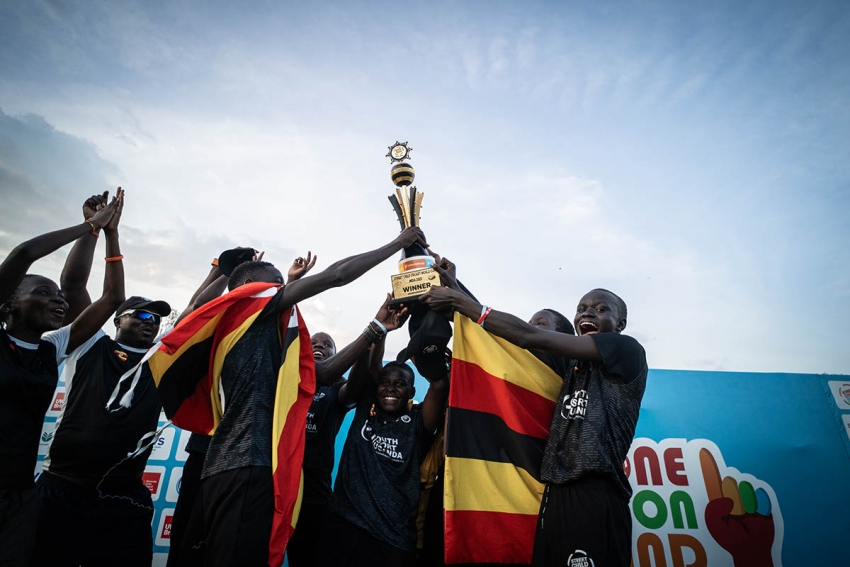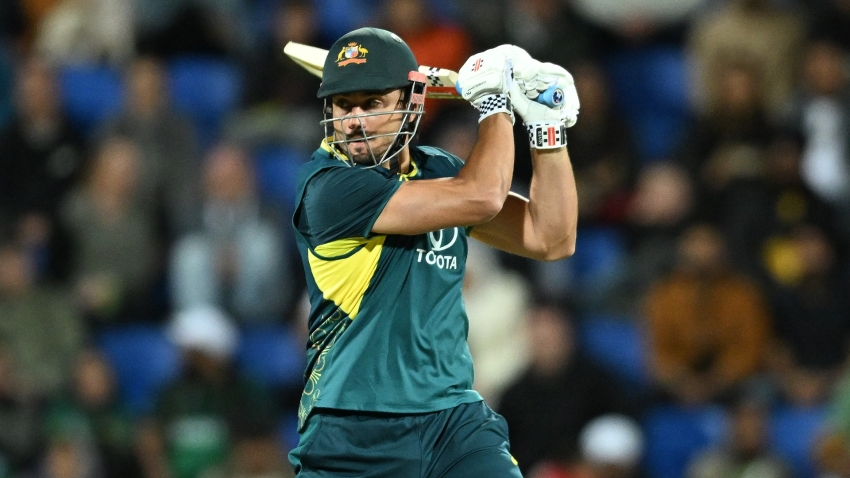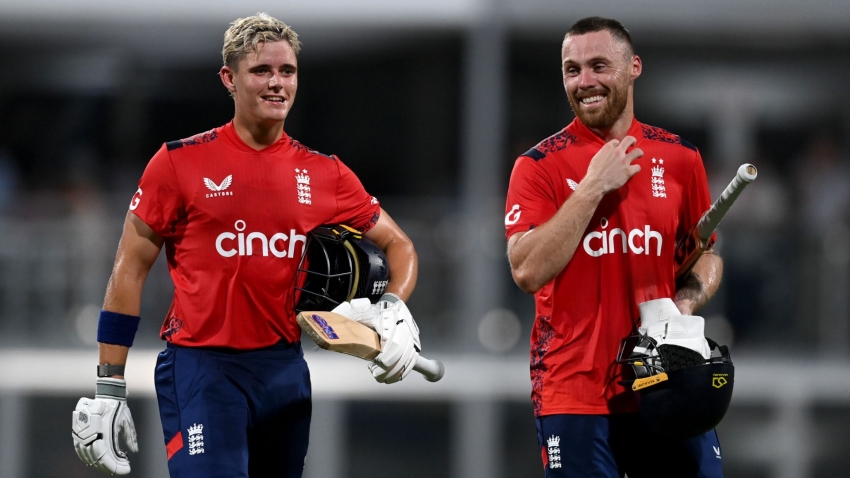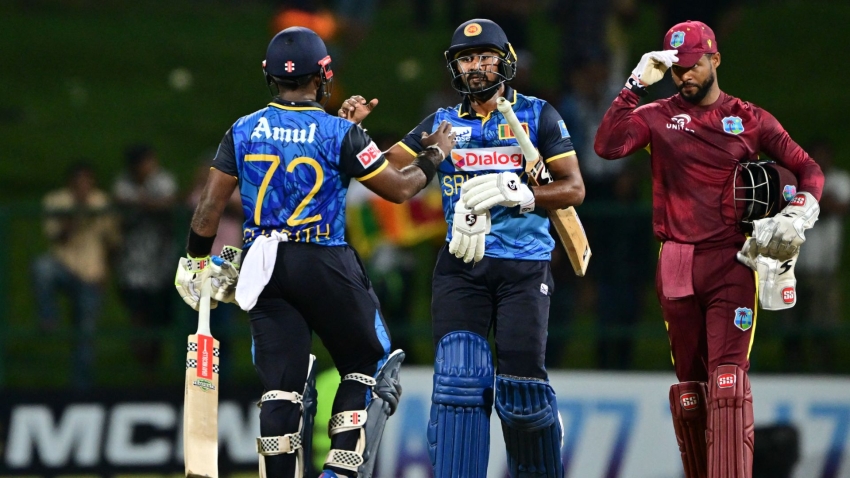The likes of Virat Kohli and Glenn Maxwell may have had the spotlight, but the game’s elite have not been the only players parading on the Indian World Cup stage these past few weeks.
Away from the crowds and the TV cameras another tournament was taking place, where the significance of the runs scored and wickets taken mattered less and where the empowerment of children from impoverished backgrounds was the aim.
The Street Child Cricket World Cup brought together teams of youngsters from around the world, comprised entirely of children who grew up, or have been living, on the streets or in slums.
Taking place in the grounds of the Amir Mahal palace in Chennai, 19 mixed-gender teams representing some of the sport’s powerhouse countries including India, England and South Africa, and unheralded cricketing nations such as Mexico, Hungary and Rwanda, showcased their skills.
At the end of the event it was Uganda who emerged victorious after beating Zimbabwe in the final.
That in itself was an achievement for those involved to celebrate but the wider picture was all about providing a great experience for the teams and in changing perceptions of street children.
“These are kids that are nobodies who are suddenly somebody,” said John Wroe, founder and chief executive of tournament organisers Street Child United, a British-based charity which runs and co-ordinates a number of programmes globally to empower young people living in street situations.
“These are kids that are normally last that are suddenly first. In the process of a Street Child World Cup they just grow and grow and grow.
“We’re saying these people matter, their voices are important. They are people just like us but they haven’t had the opportunities.
“When we first did this we had no idea how far it could reach. Street children had never travelled and never met other street children.
“Wearing a national jersey makes them feel very different, and also changes the way people see them.
“Now when they go home, because they’ve been playing at a World Cup where the World Cup was, their countries are suddenly proud of them and not ashamed of them.”
The tournament was the second Street Child Cricket World Cup after a successful first event in England four years ago. The concept was the logical extension of the Street Child Football World Cup, which was first held in South Africa in 2010 and really gathered momentum after Brazil 2014.
Street Child United works with organisations in each of the participating countries to bring the children to the events.
It is a complicated logistical undertaking, with many of the children having no official documents, but it is something that is approached with enthusiasm and the future ambitions are strong.
The latest cricket event has come quickly on the back of a football contest to coincide with Qatar 2022 and thoughts have already turned to the 2026 edition. Miami could be a potential host to mirror the FIFA tournament being held in the USA, Canada and Mexico. There will then be another Cricket World Cup in Africa the following year.
Each event is held alongside a congress on children’s rights which further progresses the conversation, and hopefully leads to better treatment of those affected.
“They face a huge amount of stigma and you can see that in different countries,” Wroe told the PA news agency.
“We thought if we could change the way that people saw street children, we could begin to change the way that people treated street children.
“It is what it says on the tin, it’s a World Cup for street children. It is something about the magic of sport, sport reaches people.
“These young people are determined, resilient but simply haven’t had the opportunities. When they have them, they seize them. They cherish them and they make the most of them.”





























